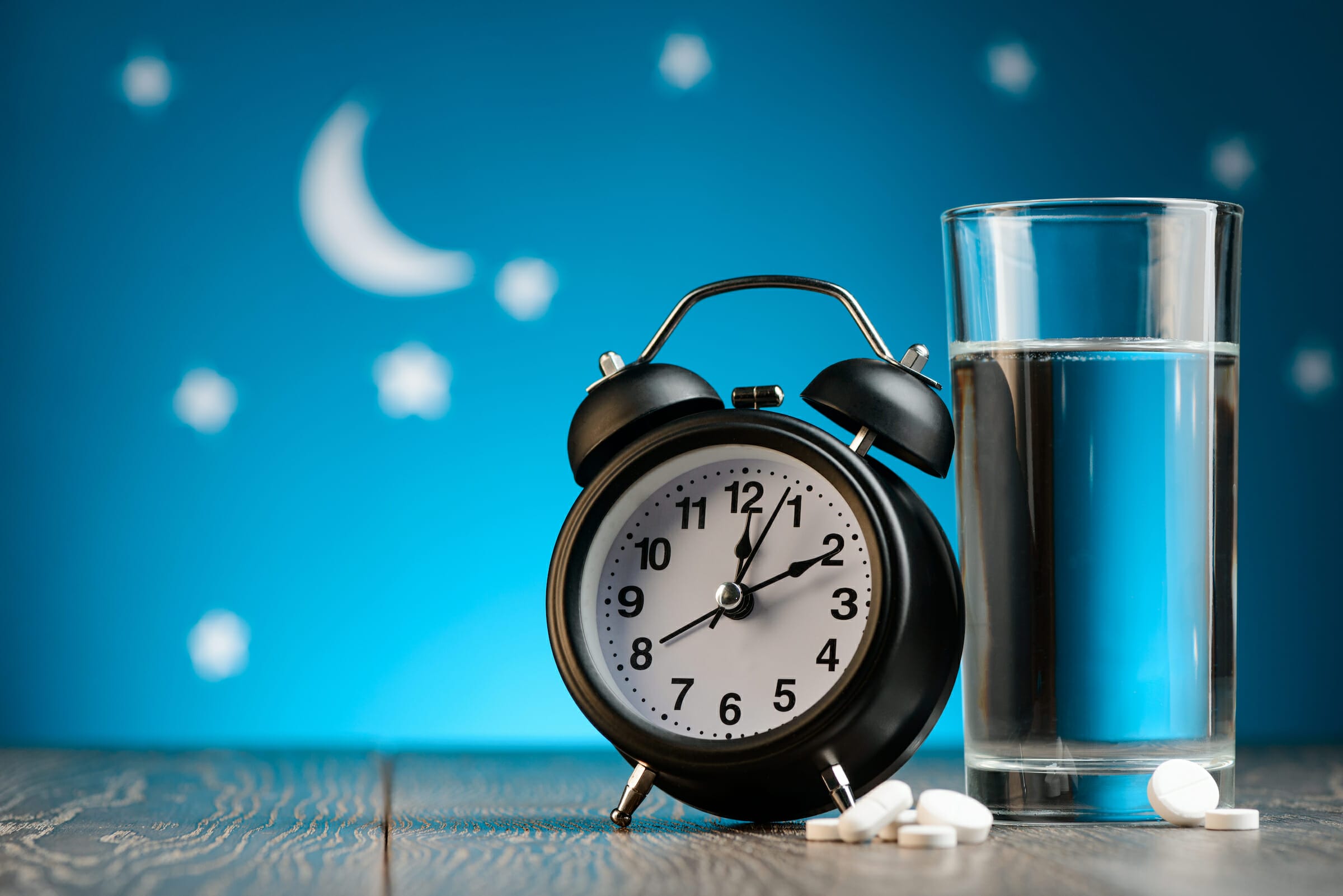When you’re struggling with sleep issues, it’s tempting to turn to sleeping pills or supplements — anything to finally get a good night’s sleep. But be aware that some of these sleeping aids come with nasty side effects.
The good news is that you can fix most sleep-related issues by making lifestyle changes, such as the ones I discussed in my article about this article about how to fall asleep quicker and sleep better. We all know that quality sleep is important, so I encourage you to schedule your life around it.
Most people do the opposite. They schedule sleep around everything else that’s going on in their lives, and then suffer consequences like insomnia (aka, having trouble falling or staying asleep) and not feeling well-rested when they wake up in the morning.
If you’re already doing everything right but are considering taking sleeping pills or natural sleeping aids while traveling, when adjusting to a new time zone, or because you’re a shift worker with an inconsistent sleep-wake cycle, continue reading.
Types of Sleep Medications
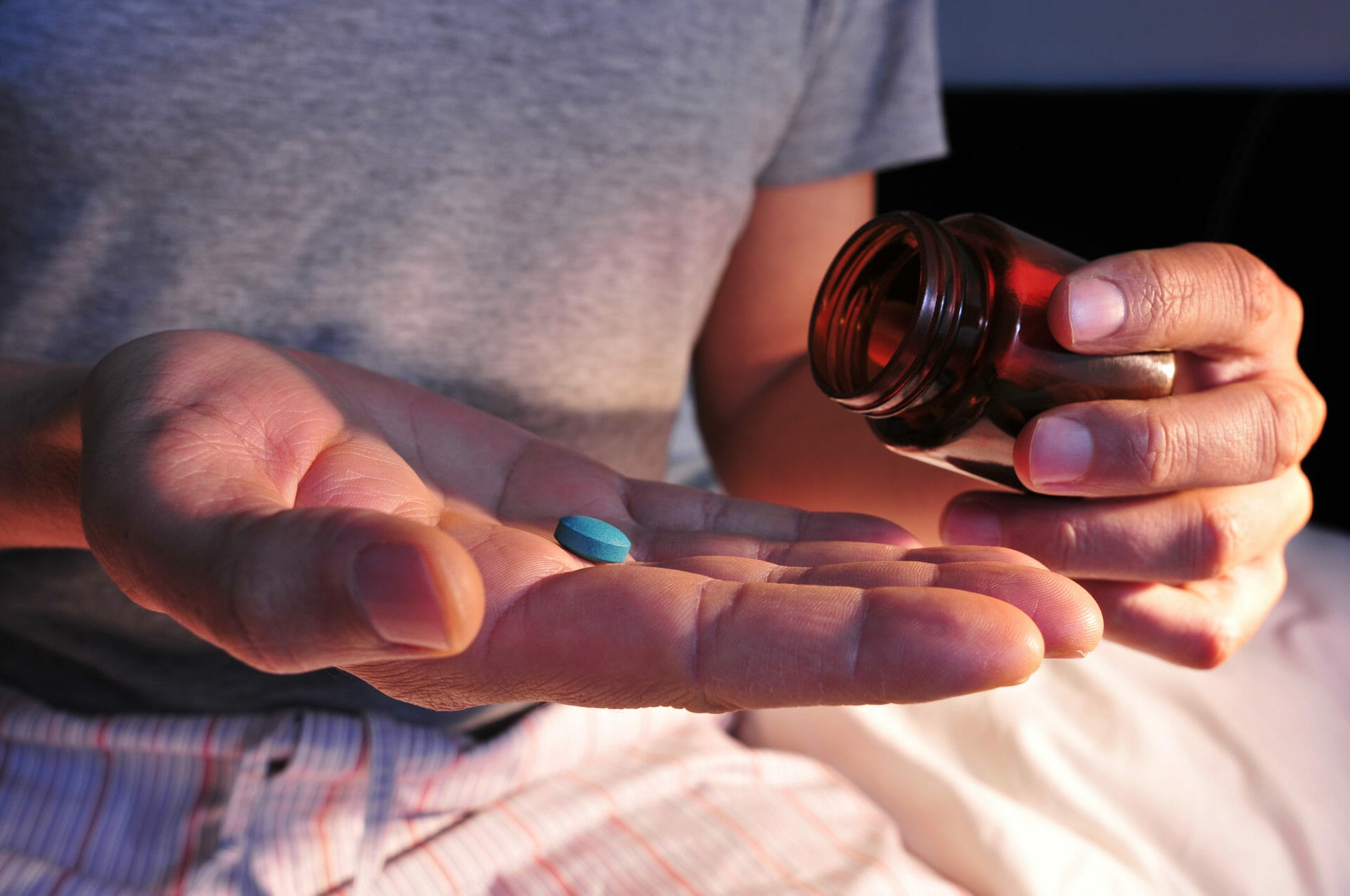
There are different types of medications available that can help you improve your sleep. On the one hand, there are pharmaceutical-led sleeping pills that I’d stay away from unless you suffer from a severe sleep disorder that can’t be fixed through lifestyle changes.
On the other hand, there are natural “remedies” that often over-promise and under-deliver.
For this article, I focus mostly on natural sleep aids that have been scientifically proven to work. But before we get there, let me give you a brief overview of the different types of prescription sleeping pills.
Prescription Sleeping Pills
Prescription sleeping pills include two main classes of drugs: hypnotics and sedative-hypnotics (benzodiazepines).
Hypnotics can be prescribed for insomnia, as well as for issues like restless legs syndrome and periodic limb movement disorder (both of which can impact sleep).
Doctors tend to only prescribe hypnotics for long-lasting and troublesome insomnia because of their potential side effects (more on these shortly).
Then there are sedative-hypnotics (benzodiazepines), which can also treat insomnia. A doctor will usually try a hypnotic sleeping pill first, due to concerns about dependence with this class of drug (and even harsher side effects).
There’s no getting around it: the side effects are considerable with either class of drug. Sedating medicines, for instance, can leave you feeling tired or groggy the next day. On top of that, they may cause memory problems for older adults.
And users may find that taking certain sleeping aids for insomnia subsequently makes it difficult to fall asleep without them.
Other side effects may include drowsiness or dizziness during the day, balance problems, confusion, and interactions with other medicines (such as birth control pills). In rare cases, they’ve caused people to walk, eat and even drive while asleep.
But aside from that long list, it’s the very real danger of dependence that makes the risks outweigh the benefits for many people.
So, what are the alternatives?
Your doctor may recommend a sedating antihistamine such as Benadryl, which may cause drowsiness and help if you have trouble falling or staying asleep.
While these drugs are not addictive, they’re still only a short-term solution as the body gets used to them quickly and they become less effective over time.
For all of the reasons above, many people prefer to turn to natural sleep supplements, which are available over the counter and (usually, but not always) free of significant side-effects.
Top 5 Natural Sleep Supplements
There are dozens of natural sleep supplements available on the market today. You can buy them online, in health shops, and in pharmacies. Many use the same key ingredients, so it’s worth knowing what to look for.
As always, I would recommend doing your research first to assess which ingredient (or mix of ingredients) would be best for you.
Here are some of the most effective ingredients in natural sleep supplements that can help promote a better night’s sleep.
1. Melatonin
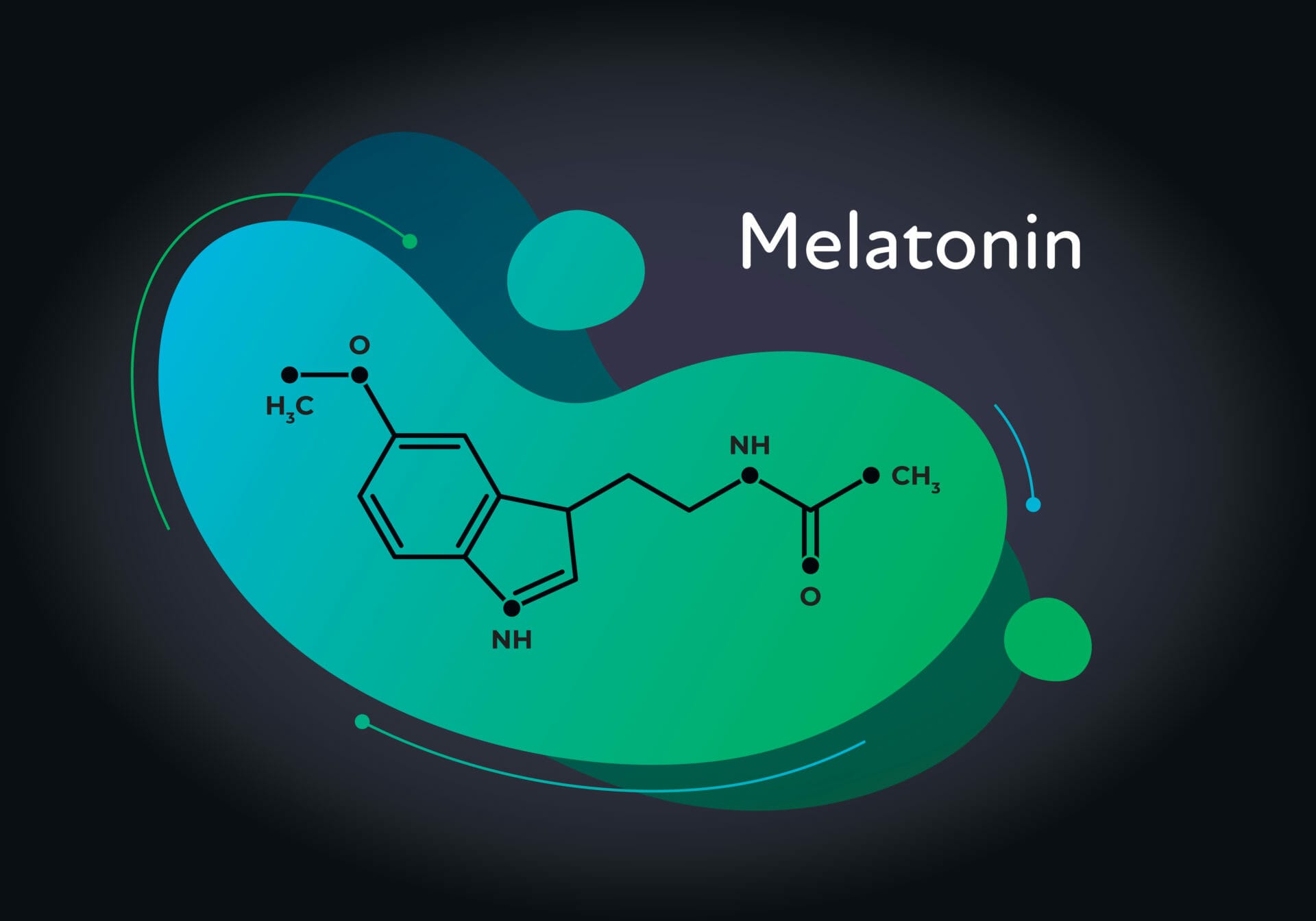
Melatonin is a hormone that your body produces naturally (via your pineal gland). It signals to your brain that it’s time to sleep. For that reason, melatonin production usually rises during the dark hours and falls in the morning as the sun comes up.
This is the reason why you shouldn’t expose yourself to blue light before bed (from telephones, computers, etc.) as it can send your biological clock (circadian rhythm) in the wrong direction.
People use melatonin supplements for incidents of insomnia. This could include delayed sleep phase disorder, for instance, where you struggle to fall asleep before 2 A.M. (and struggle to wake up again in the morning).
Melatonin supplementation may also be particularly useful for people whose natural melatonin cycles have been disrupted in some way, such as shift workers suffering from sleep-work disorder (where your job interrupts your normal sleep routine), or people suffering from jet lag.
Studies have proven that supplementing with additional melatonin helps to reduce the time it takes to fall asleep, boosts total sleep time, and improves sleep quality in people with primary sleep disorders. Also, its effectiveness doesn’t decline with continued use.
Melatonin supplements are available over the counter in the U.S. (although, interestingly, they are prescription-only in Europe), but don’t take a melatonin tablet and expect to fall asleep instantly.
Melatonin is not a sleep initiator. By that, I mean that it won’t put you into a deep sleep within minutes of taking it. Instead, it works with your natural biological clock to tell your brain that it’s time to go to sleep. It won’t increase your overall need or drive for sleep, however.
Melatonin is best taken 30 to 90 minutes before you intend to go to bed, depending on the type of melatonin supplement you use. The one I use kicks in within half an hour.
Side-Effects of Melatonin
Compared to traditional pharmaceutical sleeping pills, melatonin has low risk of side-effects and appears safe when used for short periods of time (i.e., when used for up to three months at the correct dosage). Long-term use has yet to be studied to a significant degree.
Let me issue a quick warning about the correct dosage, because this has proved troublesome with many OTC sleep aids, including melatonin.
Many of the commercially-available melatonin supplements include mega doses of melatonin, which may cause side effects. For every day use, the ideal dose is between 0.5mg and 1mg. Anything over 2-3mg or higher can cause headaches, vivid dreams, nausea and some grogginess the next day.
I don’t use melatonin every day and thus haven’t experimented with the micro-dosing that some biohackers, including Ben Greenfield, swear by.
With that in mind, remember that melatonin is a hormone (not a mineral, herb or a vitamin) so you are potentially risking hormone fluctuations. Additionally, note that melatonin supplements can potentially interact with certain medicines, including anticoagulants (blood-thinners), immunosuppressants (drugs suppressing the immune system), birth control pills, and drugs for diabetes.
You should talk to your doctor before taking melatonin supplements — especially if you have an existing health condition or take medicine.
If you’re concerned about your melatonin levels, you can have them tested with a blood, urine or saliva test.
2. Tryptophan
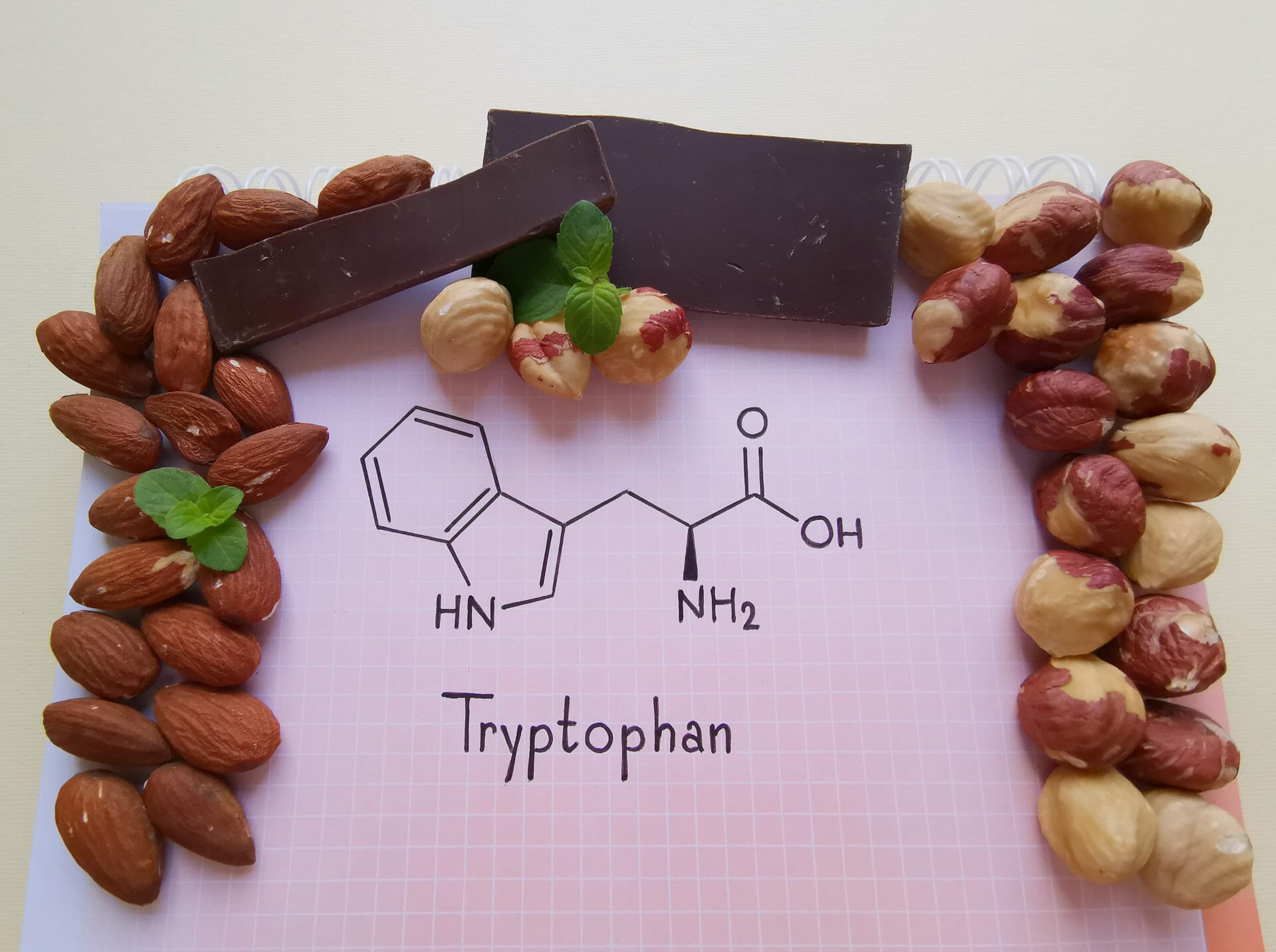
L-tryptophan is an amino acid which the body converts into 5-HTP (5-hydroxytryptophan), which is used to make both serotonin and melatonin.
A 2018 study of fruit flies, mice and rats induced sleeplessness via caffeine, then administered a combination of GABA (gamma-aminobutyric acid) and 5-HTP. The researchers discovered that the combination helped to induce sleep, seemingly enhancing both sleep quality and length. 5-HTP may also be beneficial in treating sleep issues such as sleep terrors and sleepwalking.
In addition, supplementing with tryptophan and 5-HTP may help to boost mood and cognition.
Besides the foods shown in the picture above, turkey and milk are also good sources of tryptophan. That’s one of the reasons why you get tired after the Thanksgiving feast, and why some people swear by having a glass of milk before bed.
While a glass of warm milk can certainly have a calming effect, I highly recommend against it. You can learn more about the specifics of why in my article on the health pros and cons of milk.
3. Magnesium
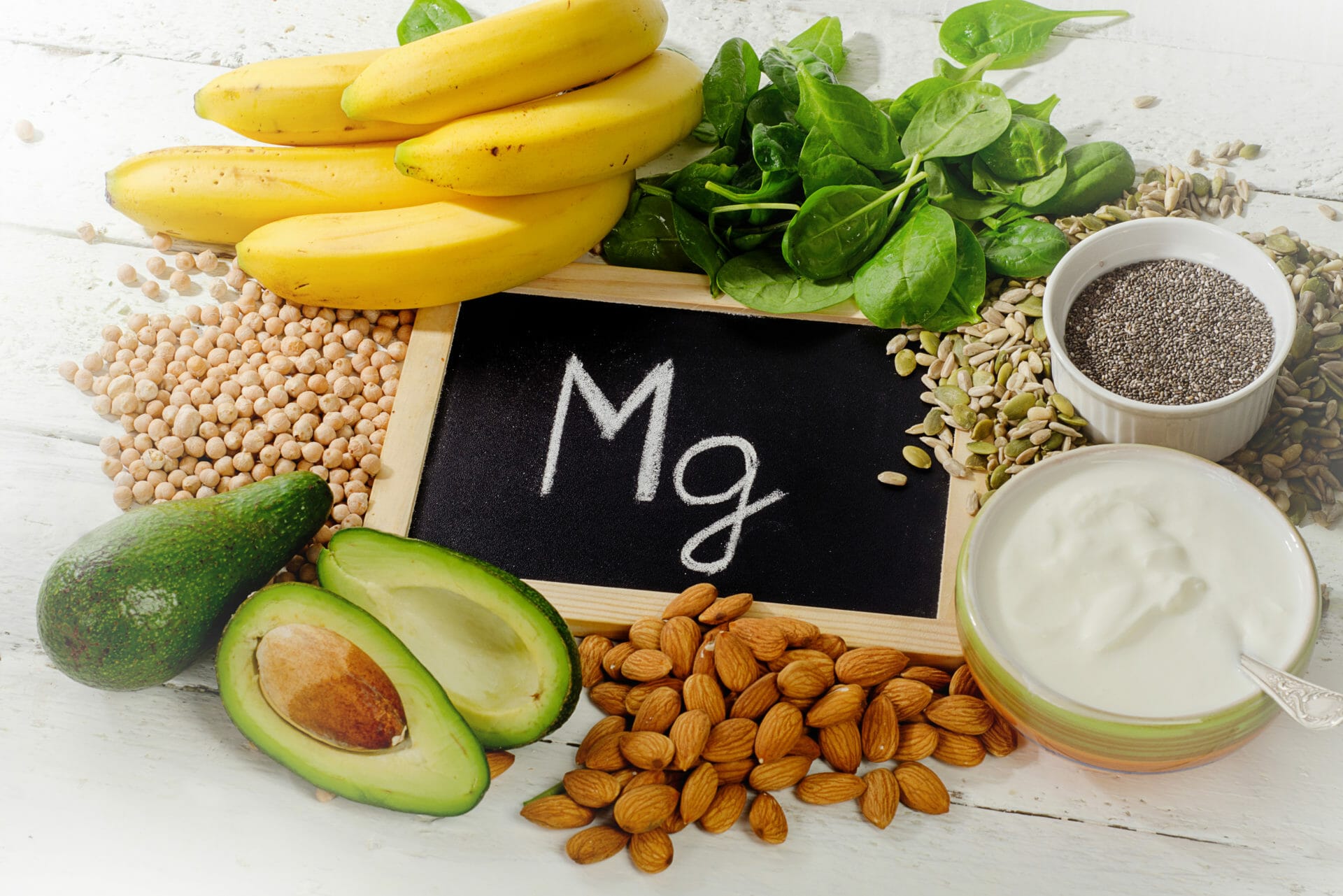
Magnesium is a mineral that’s essential to the body in only trace amounts. However, those trace amounts are spread across hundreds of bodily processes and reactions. Magnesium is important for heart health and brain function, and plays a significant role in calming the mind and getting the body ready for sleep.
Its main ability appears to be to stimulate levels of GABA, a brain messenger which helps to calm you down. Studies suggest that low magnesium levels may be linked to insomnia and sleep-related issues.
Magnesium supplementation has been shown to improve sleep quality. In a study done on elderly people with sleep issues, magnesium supplementation helped to improve sleep efficiency, sleep time and how quickly they fell asleep, along with higher melatonin levels in the blood.
Note that this study was conducted on elderly people, who may have had lower magnesium levels to begin with. It’s unclear whether the results would have been as good in people with strong dietary magnesium intake.
In the U.S., the recommended daily amount of magnesium is 420mg for men aged 31 and over (400mg for 19 to 30-year-olds) and 320mg for women 31 and over (310mg before that). Repeated dietary studies show that the majority of Americans consume less magnesium than their recommended daily amounts.
Magnesium is found in green leafy vegetables such as spinach, as well as in dairy foods, fish, whole-grain bread, brown rice and meat. As a supplement, magnesium is available in different forms, including as magnesium glycinate, citrate and malate.
Note that most of the micronutrients found in plants (including magnesium) are poorly absorbed. That’s why I recommend a nose-to-tail animal-based diet to ensure that you’re getting enough vitamins and minerals.
My favorite option is Magnesium Breakthrough from biOptimizers.
There is currently no precise magnesium dosage recommended for sleep treatment.
4. Valerian Root
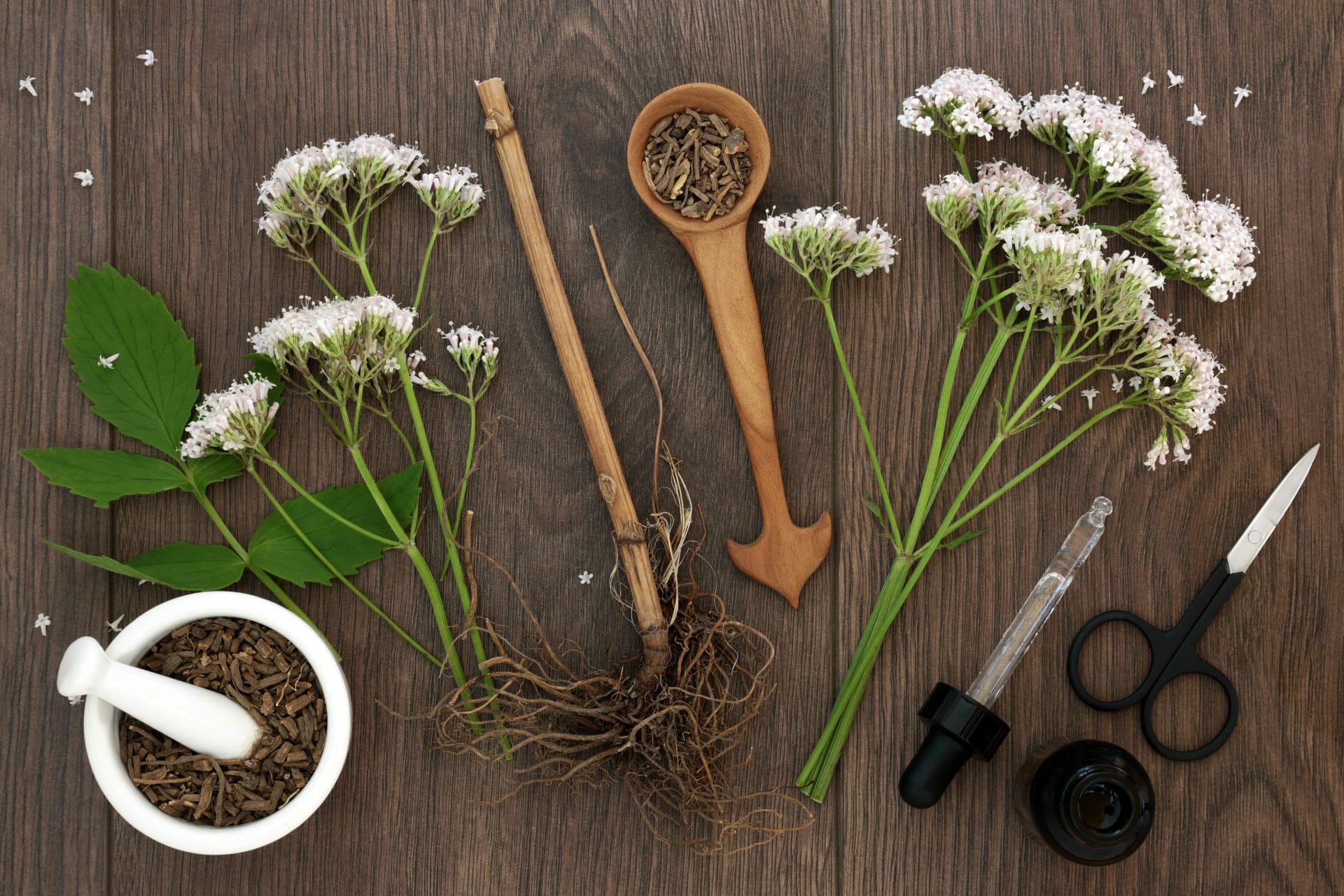
Valerian is an herb native to Europe and Asia, and its medicinal properties were exploited as early as ancient Greece to treat the symptoms of anxiety, depression and menopause. Today, it’s one of the most commonly-used herbal supplements for promoting sleep.
It’s purported to help relieve anxiety and relax the body, thus helping to prepare for sleep. It can be found in drug stores, online shops and health food stores in many different forms, such as capsules, teas and liquids.
Studies have shown that taking valerian can potentially improve subjective (self-rated) sleep quality in people with insomnia, but further (improved) studies are needed before those claims can be definitively proven.
That said, many people across the U.S. and Europe use and swear by it, and short-term use appears safe for adults, aside from minor infrequent side effects such as dizziness. Some people also report feeling groggy in the morning. Pregnant or lactating women are advised not to use valerian root, and its long-term safety has not been established.
Suggested dosage is approximately 400-900mg up to two hours before bed.
5. Theanine

L-theanine is an amino acid found in black and green tea and certain types of fungi, such as mushrooms. Research has shown that L-theanine promotes relaxation and can thus aid in sleep.
In fact, a study on mice has shown that administering a mix of GABA (100mg per kilogram of body weight) and L-theanine (20 mg per kilogram) made the mice fall asleep faster (sleep latency) and allowed them to sleep longer.
Considering that green and black tea both contain caffeine, I don’t recommend drinking them before bed. Instead, I’d opt for theanine in pill form.
That said, I’ve been trying to drink more tea instead of coffee and I fell in love with the tea crystals from Pique Tea. Their teas have some of the highest concentrations of polyphenols on the market.
While most of Pique’s teas have natural caffeine, they have a separate “Calm” line of products to help you wind down.
Other Potentially Useful Natural Sleep Aids
Below are a few other natural remedies that some believe can improve sleep despite weak scientific evidence. Keep in mind that if something makes you feel good — such as the smell of lavender oil coming from a diffuser — it might help you relax and thus make you fall asleep quicker.
Lavender
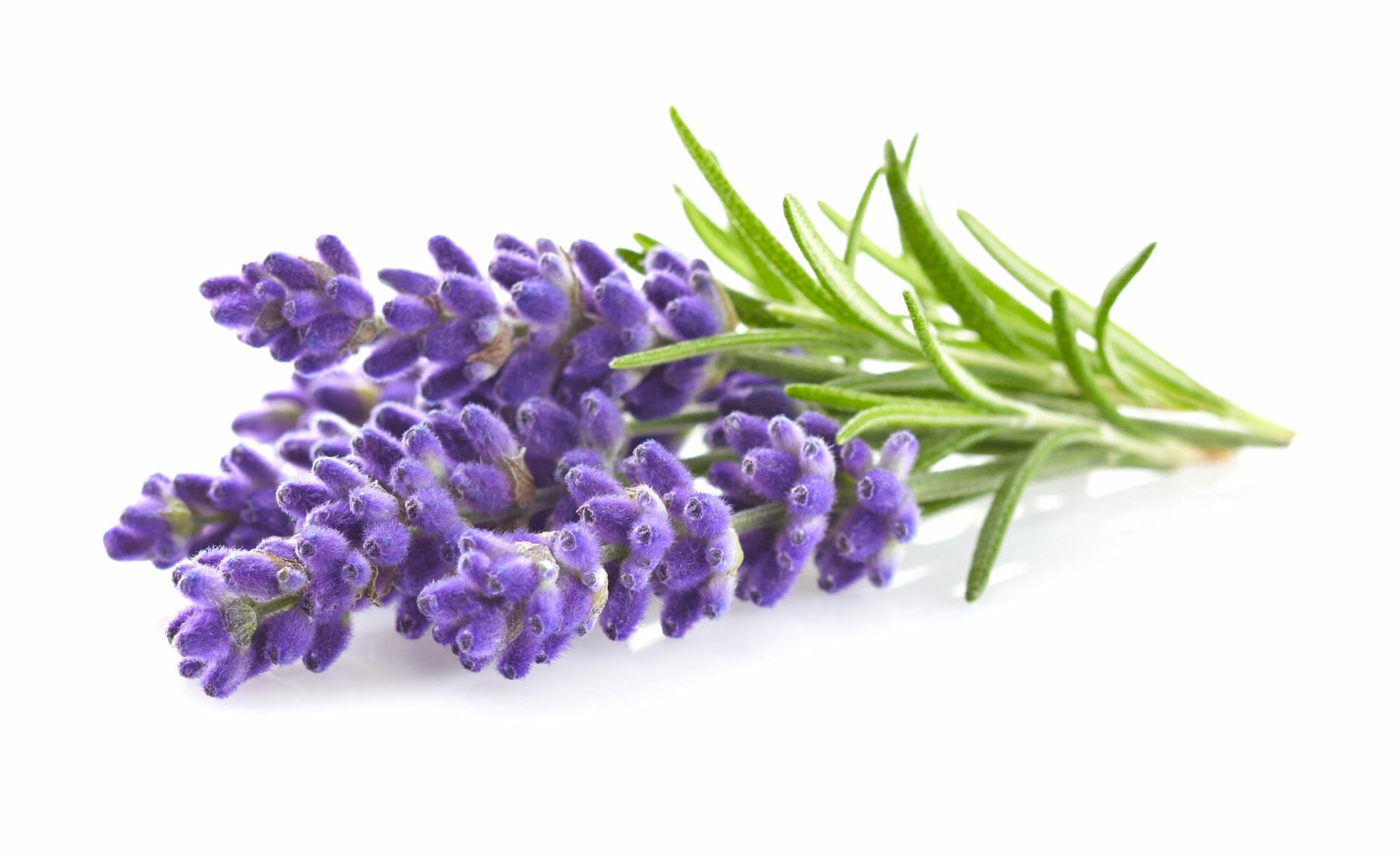
Lavender’s tell-tale fragrance is believed to enhance sleep. Smelling lavender oil 30 minutes before bed may help to improve sleep quality, particularly in people suffering from mild insomnia.
Consuming lavender supplements has been linked to stomach pain and nausea in some cases, so it’s best kept to an oil to inhale.
The reason why I strongly recommend staying away from lavender is that it’s estrogenic. In other words, the scent of lavender contains estrogen-like chemicals that can disrupt your endocrine system (hormones). Check out this article for more information about the harmful effects of xenoestrogens.
Passionflower

Passionflower is a popular herbal remedy for insomnia, although actual scientific evidence supporting its effectiveness is weak. One human study compared passionflower tea with a placebo tea drunk one hour before bed for one week. While objective measurements showed no improvements in sleep, participants rated their own sleep quality to be around 5% better following the passionflower tea.
Another study using passionflower supplements demonstrated no such improvement — subjective or otherwise.
In conclusion, passionflower tea may help some people, but hard evidence is lacking. It is, however, generally safe for adults.
Natural Melatonin Supplements
A lot of the melatonin supplements on the market include synthetic melatonin, but there is another option… natural melatonin.
Indeed, if you’re reading this article from outside the U.S. or Canada, where melatonin supplements are only available via prescription, this may be the only type of melatonin supplement that you can legally and easily get your hands on.
Proper
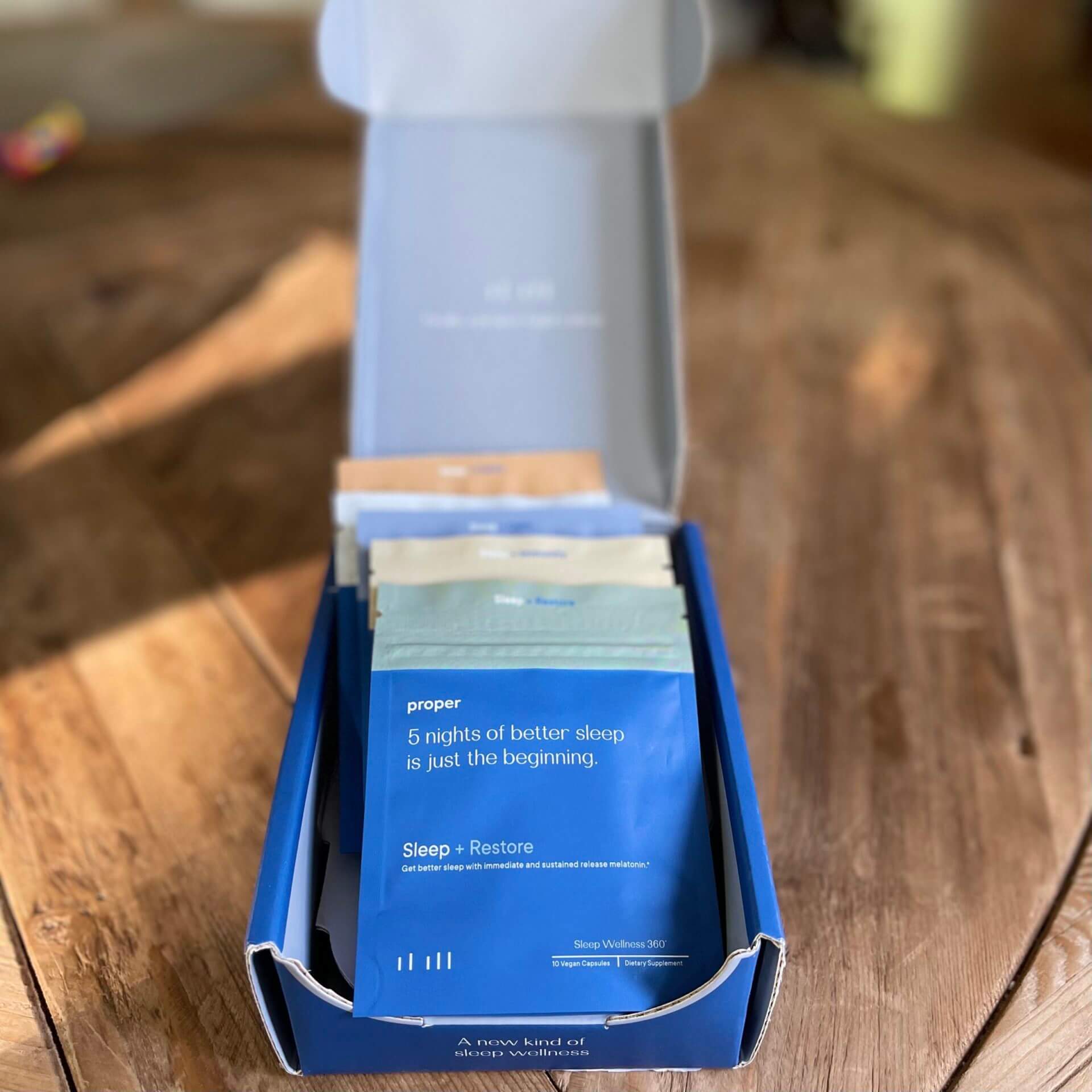
Proper makes natural supplements that contain clinically-backed ingredients to improve your sleep. I’ve been testing Proper for the past few weeks and can attest to its effectiveness.
Considering that sleep isn’t one-size-fits-all, Proper has several formulations, each containing slightly different ingredients.
As of this writing, Proper offers the following formulations:
- Core Sleep: As the name implies, this is their “core” sleep formula.
- Sleep + Restore contains extended-release melatonin to help reset your circadian rhythm.
- Sleep + Calm contains l-theanine to help you relax and calm down.
- Sleep + Clarity contains cognigrape, a clinically-proven compound that can improve cognitive performance.
- Sleep + Immunity contains minerals, vitamins and Wellmune to boost your immune system.
- Core Sleep with Hemp contains broad-spectrum hemp extract (without THC).
I tested all of these formulas except for the one containing hemp extract, and I like Sleep + Restore best because of the extended-release melatonin. In other words, Sleep + Restore helps me fall and stay asleep by releasing micro-doses of melatonin throughout the night.
Technically, Sleep + Restore contains 1 mg of extended-release (MicroActive) and 2 mg of regular melatonin.
I like about Proper because you get a free sleep coaching session if you subscribe to any of the formulas.
Speaking of subscriptions, if you decide to sign up for one, you can get any of the formulations (except for the ones containing hemp) for $35.99 per month.
In comparison, if you buy the capsules without a subscription, you’ll pay $39.99. That’s $1.20 – $1.33 per day if you break it down.
Performance Lab Sleep
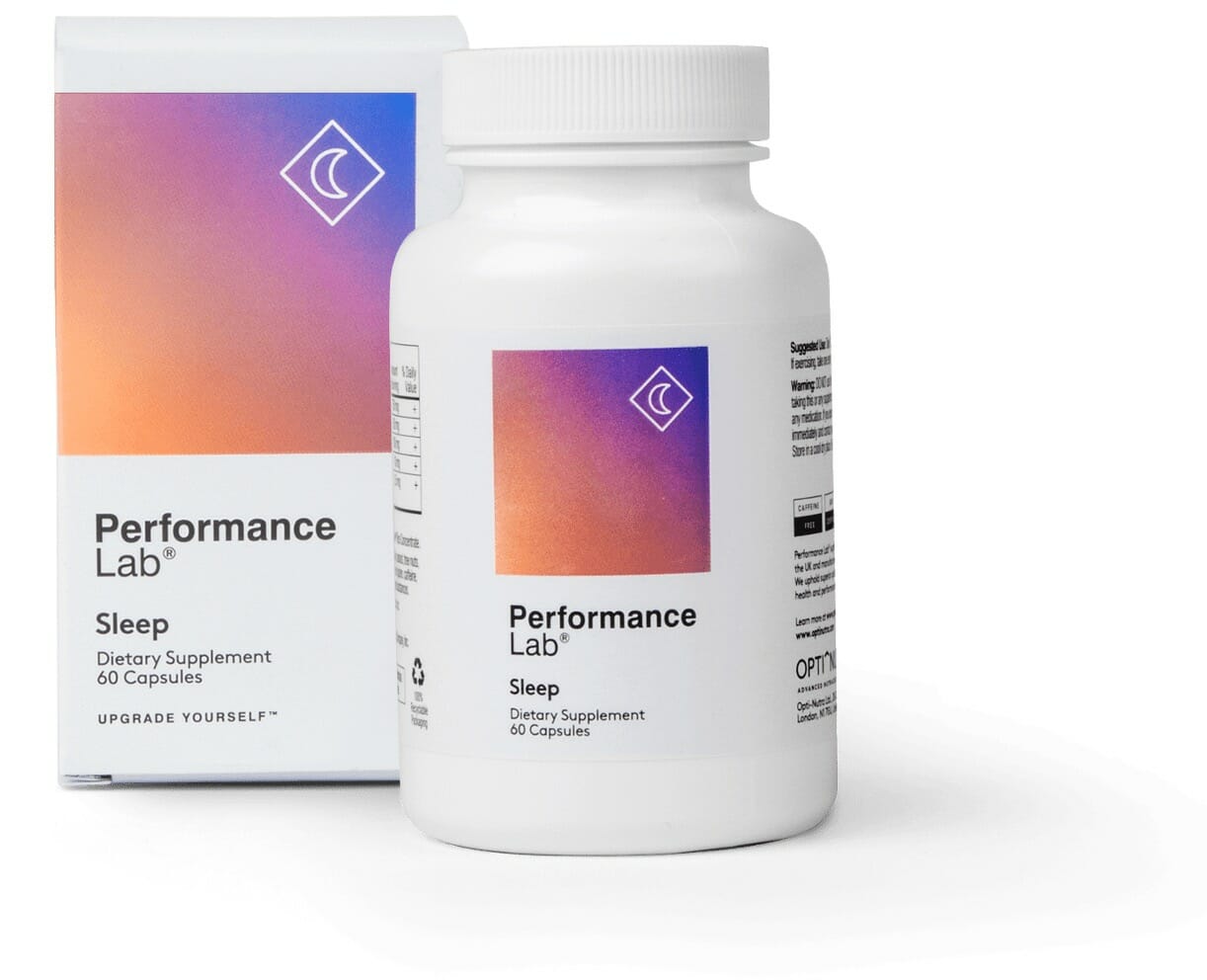
One of my favorite supplement brands, Performance Lab, has created a natural melatonin-led sleep supplement called Performance Lab Sleep. This is an incredibly clean product — it contains no GMOs, allergens, synthetic additives, soy or gluten and is both caffeine-free and vegan-friendly. It’s also non-habit forming, which is particularly important in a sleep aid.
Made by premier specialist manufacturer Opti-Nutra, Performance Lab Sleep includes Montmorency tart cherry, which is the richest natural source of melatonin (500mg); magnesium (100mg); and L-tryptophan (250mg).
Montmorency tart cherry also supplies anthocyanin antioxidants, which modulates inflammation to help promote night-time muscle and joint comfort.
Natrol Melatonin
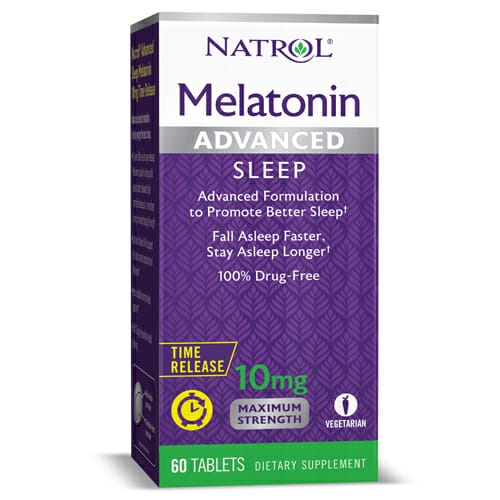
For our trip to Europe in 2019, my wife bought melatonin for the kids and us. The brand we’ve been using is Natrol, and I like their adult formula as it contains 10mg of melatonin that’s released in two batches.
We used their kids’ formula as well for a while, but I’m not a fan of it because it contains a bunch of crappy ingredients, including xylitol (artificial sweetener) and maltodextrin (sugar). I don’t understand why the “kid-friendly” versions of most supplements almost always have ingredients I wouldn’t even feed my dog.
You could also try a liquid formula, such as SVASTHYA BODY & MIND Liquid Melatonin. But one drop has 3mg of melatonin, which might be too much for younger kids.
Natural Magnesium Supplements
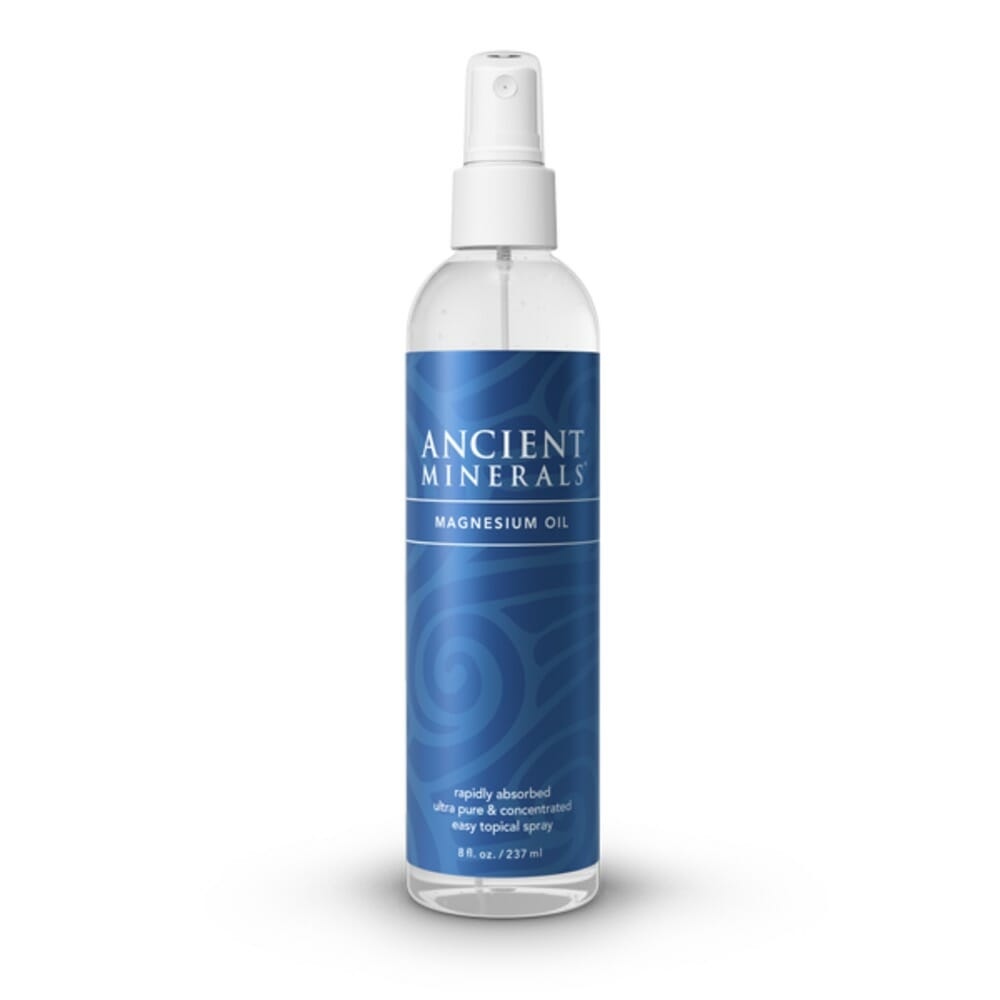
Most magnesium supplements are available as pills. What you might not know is that orally-administered magnesium can have a laxative effect. In other words, it’s a stool softener and some people use magnesium supplements when they’re constipated.
While writing an article covering the best keto products, I stumbled across Ancient Minerals, a product line that includes mineral-infused creams, lotions and oils.
The skin is the body’s largest organ, which makes it a perfect delivery vehicle for supplements. Unfortunately, it’s not that easy. The skin also has a barrier function and doesn’t just let everything pass through its membranes. That’s why 99% of cosmetic skincare products are a waste of money.
However, dermal absorption is possible under the right circumstances. And that’s what Ancient Minerals is leveraging with its topical products.
I’ve used the Magnesium Lotion Ultra and Magnesium Oil Ultra before going to bed for the past few months, and love how quickly they absorb.
While conducting research for this article, I discovered a new product called Magnesium Lotion Goodnight, which contains 3mg of melatonin in addition to magnesium. I’m currently waiting for the lotion to arrive so I can test it.
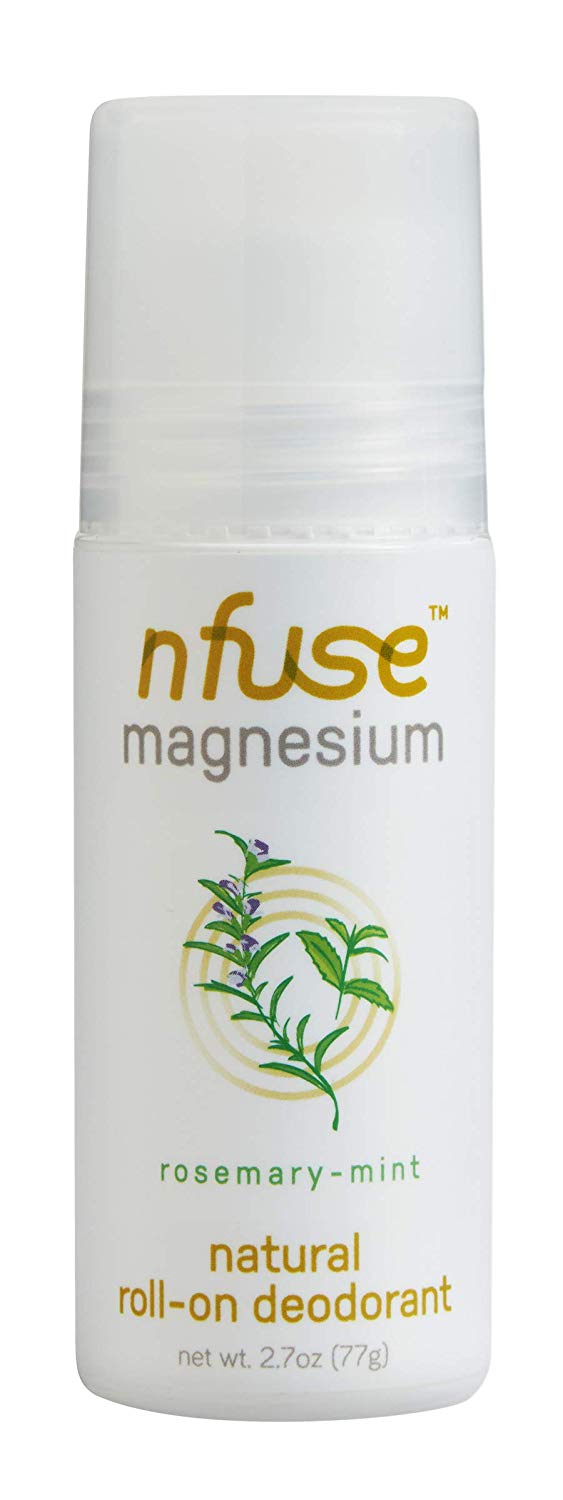
The other source of magnesium I leverage is a natural deodorant called nfuse magnesium deodorant. Besides containing therapeutic doses of magnesium, the product doesn’t contain aluminum, zinc salts, paragons, phthalates or synthetic fragrances — basically all the crap you don’t want to put on your skin.
Before You Take a Supplement
Before you decide to take any supplement (natural or otherwise) to help with your sleep issues, I would recommend that you think about the following.
Do You Really Need Medication?
Have you examined your lifestyle? For instance, have you changed any lifestyle habits that might interfere with sleep, such as caffeine late in the day? Are you getting regular exercise and sticking to a sleep schedule that has you winding down an hour or two before bed?
Cognitive Behavioral Therapy
Cognitive behavioral therapy, such as replacing negative thoughts with positive ones, may be safer and more effective for aiding sleep than pills or supplements.
Do Your Research
Research the potential supplement of your choice. Make sure you know exact dosages (avoid any supplements that use proprietary blends to ‘hide’ dosages or ingredients) and learn whether the product you want to take has side effects.
Follow the Dosage Guidelines
Follow the dosage and manufacturer directions for any supplement to the letter. Do not be tempted to take more in order to boost the results.
Beware of Potential Drug Interactions
Just because a product is natural or based on an herb, mineral or vitamin doesn’t mean that it can’t interact negatively with other medicines.
Don’t Believe the Marketing
Some unscrupulous supplement manufacturers will promise the earth if they can get away with it. Don’t rely on their marketing — product claims may be (and often are) misleading.
To fully evaluate a product claim, look for objective information from sources such as the Office of Dietary Supplements (ODS) or the National Center for Complementary and Integrative Health (NCCIH).
Talk to Your Doctor
If you’re thinking of taking a supplement because you suffer from sleep deprivation, I would always advise you to talk to your doctor first. You need to check that it won’t interact with any medication you’re on, or any health conditions you may have.
Likewise, there may be underlying medical or psychological reasons for chronic or habitual insomnia. Talk to your doctor about potential causes and treatments, or look into getting an evaluation from a sleep center accredited by the American Academy of Sleep Medicine.
Frequently Asked Questions
Much like taking a hot shower, drinking hot tea can lower your body’s core temperature. That’s a prerequisite before you can fall asleep. So yes, drinking hot tea can help you fall asleep faster — be it chamomile or any other variety.
Lemon balm or lemon balm tea is considered possibly effective in helping you relax and fall asleep quicker.
No, because melatonin has an incredibly short half-life. That means that it’s out of your system shortly after consumption. However, there are some melatonin supplements that offer time-release capsules that deliver the second dose of melatonin a few hours into sleep. Such products can help if you have trouble staying asleep.
Good sleep means that your body spent enough time in the restorative phases of sleep, including deep and REM sleep. If you don’t spend enough time in those phases of sleep, or if your sleep gets repeatedly disturbed, you won’t feel rested and recovered.
While there is no general guideline, most adults seem to do well with seven or eight hours of sleep. Infants and children need significantly more sleep.
Sleep and anxiety can negatively impact your sleep because they can trigger the release of hormones, such as cortisol. Note that cortisol levels naturally increase about two to three hours into sleep, which is why most of your deep sleep usually occurs in the first half of the night as cortisol decreases slow-wave sleep.
So, if you have high cortisol levels due to stress or anxiety before going to bed, you might not spend enough time in those restorative sleep phases. As such, if you have trouble sleeping, do things that relax you, like taking a hot shower or reading a book. Also, nasal breathing relieves anxiety and I practice it every day.
We used to consider antihistamines a decent alternative to natural sleeping pills and other OTC sleep medication. However, as I mentioned earlier in this article, your body builds up a resistance to antihistamines rather quickly.
That means they become less effective the longer you use them. Plus, I’ve always felt groggy the next day, because those antihistamines tended to linger in my body.
Supplementing with vitamin D can improve sleep but only if you are vitamin D deficient. A meta-analysis from 2018 analyzing the “association between vitamin d deficiency and sleep disorders” concluded that people who have low levels of vitamin D are more likely to suffer from sleep disorders.
No, but if you are vitamin B12 deficient, you might feel fatigued, tired and weak.
I’ve discussed the negative side effects of poor sleep at length in this article. So I encourage you to check it out!
Final Thoughts About Natural Sleeping Aids
In my opinion, the best sleeping aid is a lifestyle that supports your body’s natural sleep cycle. That means practicing proper sleep hygiene, maintaining a consistent bed time, and avoiding known sleep disrupters such as stimulants and blue light emitted from electronic devices.
Of course, life isn’t always as supportive of our sleep as we’d like it to be. We travel across timezones, go on business trips, celebrate New Year’s Eve and other things. For such occasions, natural supplements can help you adjust your inner clock, make you fall asleep faster, and get more restful sleep.
I hope this article has helped you to better understand what natural sleep supplements are available and how they work. Don’t carry your lack of sleep as a badge of honor. Instead, take a good look at your sleep habits, make the necessary adjustments, and let trouble sleeping be an issue of the past.
If you have any questions or concerns, please don’t hesitate to leave a comment below and I’ll respond as soon as I can.
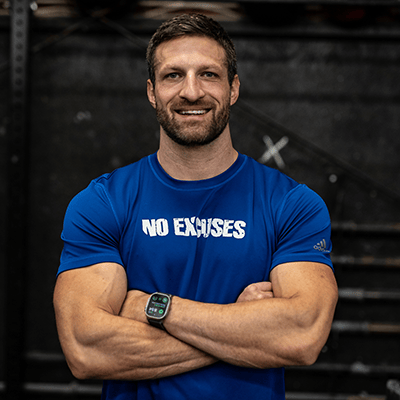
Michael Kummer is a healthy living enthusiast and CrossFit athlete whose goal is to help people achieve optimal health by bridging the gap between ancestral living and the demands of modern society.
Medical Disclaimer
The information shared on this blog is for educational purposes only, is not a substitute for the advice of medical doctors or registered dieticians (which we are not) and should not be used to prevent, diagnose, or treat any condition. Consult with a physician before starting a fitness regimen, adding supplements to your diet, or making other changes that may affect your medications, treatment plan or overall health. MichaelKummer.com and its owner MK Media Group, LLC are not liable for how you use and implement the information shared here, which is based on the opinions of the authors formed after engaging in personal use and research. We recommend products, services, or programs and are sometimes compensated for doing so as affiliates. Please read our Terms and Conditions for further information, including our privacy policy.
